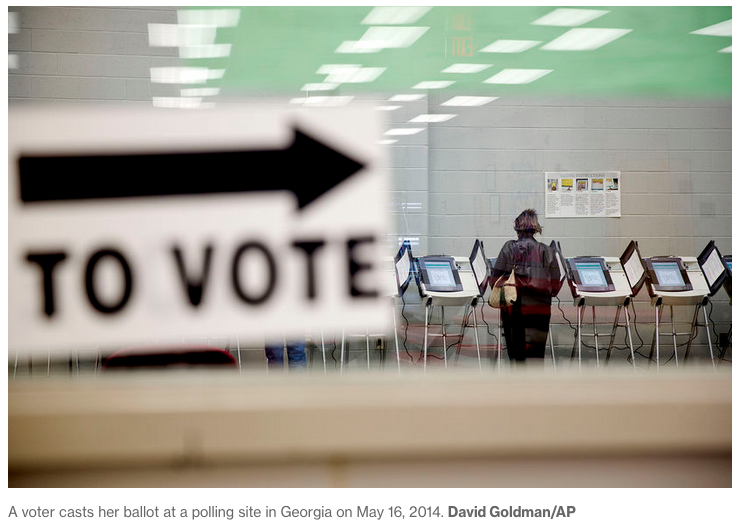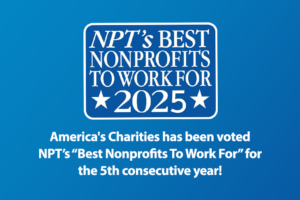Sarah Ford | November 3, 2014
Midterms mean high stakes for women voters
By Krystal Ball
For many voters and political observers, the big question in the 2014 midterm election is which party will end up in control of the U.S. Senate. The answer will impact presidential nominations, future legislation and greatly influence the remainder of President Obama’s term. But real policy changes in this country will happen at the state level, with massive implications for all Americans, and especially American women.
These elections should not be ignored, for in this country, the fate of women often rests in the hands of state legislatures.
Remember the 2010 midterms? I was running for Congress at the time so every detail of that cycle is indelibly stamped on my brain. The economy was terrible (as opposed to merely bad as it is now). The bloom was not yet off, the tea party rose, and candidates were coming up with all sorts of innovative ways to explain just how big the national debt was (if you stacked dollar bills to the moon … ).
Of course we all remember the end result on Election Night. Nancy Pelosi’s time as speaker came to an unceremonious end; Republicans moved into governors’ mansions across the country and notably, Republicans gained control of an unprecedented number of state legislatures. Michigan,New Hampshire, Iowa, Alabama, North Carolina and more all had legislative chambers flip to GOP control. Republicans picked up more than 675 legislative seats, the largest swing of any party since 1938.

Get Resources and Insights Straight To Your Inbox
Explore More Articles
For Fifth Consecutive Year America’s Charities Named ‘Best Nonprofit To Work For’
Washington, D.C. – April 1, 2025 – America’s Charities, the nonprofit that mobilizes the power of giving as a leading provider of volunteering, workplace giving,…
Read ArticleWorkplace Fundraising + Volunteering Summit (April 2nd and 3rd, 2025)
Join us in attending this virtual summit! The America’s Charities team is joining up with other leading voices in the workplace giving space for a…
Read ArticleThe Time to Act is Now
The results of the 2024 National Assessment of Educational Progress (NAEP) are in, and the findings are, in a word, heartbreaking. This assessment serves as…
Read ArticleGet Resources and Insights Straight To Your Inbox
Receive our monthly/bi-monthly newsletter filled with information about causes, nonprofit impact, and topics important for corporate social responsibility and employee engagement professionals, including disaster response, workplace giving, matching gifts, employee assistance funds, volunteering, scholarship award program management, grantmaking, and other philanthropic initiatives.




